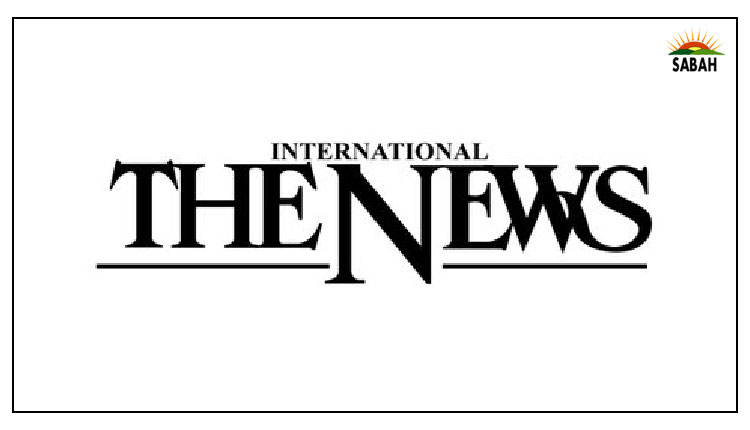Vulnerable women … Ali Rehmat Shimshali
Women in Pakistan are disproportionately affected by disasters. The conservative social norms limit and restrict their personal, physical and economic autonomy. They face disparities in various aspects of life, including health, education, employment opportunities, personal security, control over assets, and participation in politics and decision-making processes.
There are limited opportunities for women to earn a living, which is largely centered around agriculture, livestock, and other labour-intensive work. Additionally, women shoulder the burden of unpaid care and domestic work, and their dependency on men as decision-makers makes them the most vulnerable segment of society.
The UNDP reports that women and children are 14 times more likely than men to bear the brunt of fatalities as a result of natural disasters. The Post-Disaster Needs Assessment (PDNA) Report 2022 estimates that 333 women lost their lives while 3,452 got injured during the 2022 floods that displaced approximately 33 million people. As per Human Rights Watch (HRW), at least 723,000 pregnant women were expected to deliver babies during the floods and many of these women lack access to basic healthcare facilities.
Pakistan has a population of 220 million out of which 107 million are women. The World Economic Forums Global Gender Gap Report 2022 shows that Pakistan ranks 145 out of 146 countries globally, and eight out of nine South Asian countries in the Global Gender Gap Index Rankings 2022. In the Economic Participation and Opportunity category, it is only one point ahead of Afghanistan. The report also shows that only 4.5 per cent of the women in Pakistan have a share of senior, managerial, and legislative roles.
The greatest challenge is the persistence of gender norms and cultural barriers that limit womens participation in disaster risk reduction activities. People mostly become reluctant to leave their homes and evacuate during disasters. There is a general perception in society that lack of privacy at relief camps would violate the honour of their family.
Another challenge for women is accessing local markets and food distribution points, followed by a lack of control over household finances, sexual harassment, gender-based violence, and lack of health, education, and hygiene facilities during disasters.
These disparities exacerbate the vulnerability of women to climate change and climate-induced disasters such as floods, GLOF, heat waves, and other climate-induced issues. This requires efforts to change societal attitudes towards womens roles in disaster response and to ensure that women have equal access to resources and decision-making processes.
Pakistan is one of the countries that have committed to implementing the Sendai Framework and has made progress in integrating gender considerations into its disaster risk reduction (DRR) policies and programmes. The Sendai Framework for Disaster Risk Reduction 2015-2030 is a global agreement that seeks to reduce the risk of disasters, including their impact on vulnerable groups such as women.
Recognizing the specific needs and vulnerability of women and children, the Gender and Child Cell (GCC) was established in 2010 under the NDMA. The National Disaster Management Act (2010), National Disaster Risk Management Framework (2007- 2012), National Disaster Management Plan (2012-2022), National Disaster Risk Reduction Policy (2013), National Disaster Management Plan Implementation Road Map (2016-2030), National Disaster Response Plan (2019) and Guidelines for Minimum Standards of Relief in Camp (2017) reflect the countrys attempts to fulfil its legal obligations in protecting fundamental rights of children, women, and marginalized populations.
However, in Pakistan, lack of education and health facilities, lack of access to economic opportunities, conservative societal norms, and misguided perceptions multiply the vulnerability of women to disasters. There is also a lack of disaggregated data by gender, age, and vulnerable populations, including women, and children. This absence of comprehensive data significantly impairs the countrys ability to address enduring issues of disasters and other climate-induced issues.
It is important to prioritize womens participation in DRR activities and to ensure that their specific needs and perspectives are considered in disaster risk reduction policies, planning, and their implementation.
A continuous effort is required to address the enduring challenges of gender norms and cultural barriers and to collect data on the specific impacts of disasters on women in Pakistan. These issues can be addressed by having comprehensive evidence-based inclusive policies for health, education, and the provision of equal economic opportunities.
The writer is project assistant, Sustainability and Resilience Development Program SDPI.
The article reflects the writers own views. He can be reached at:
aligojali2020@gmail.com
Courtesy The News












